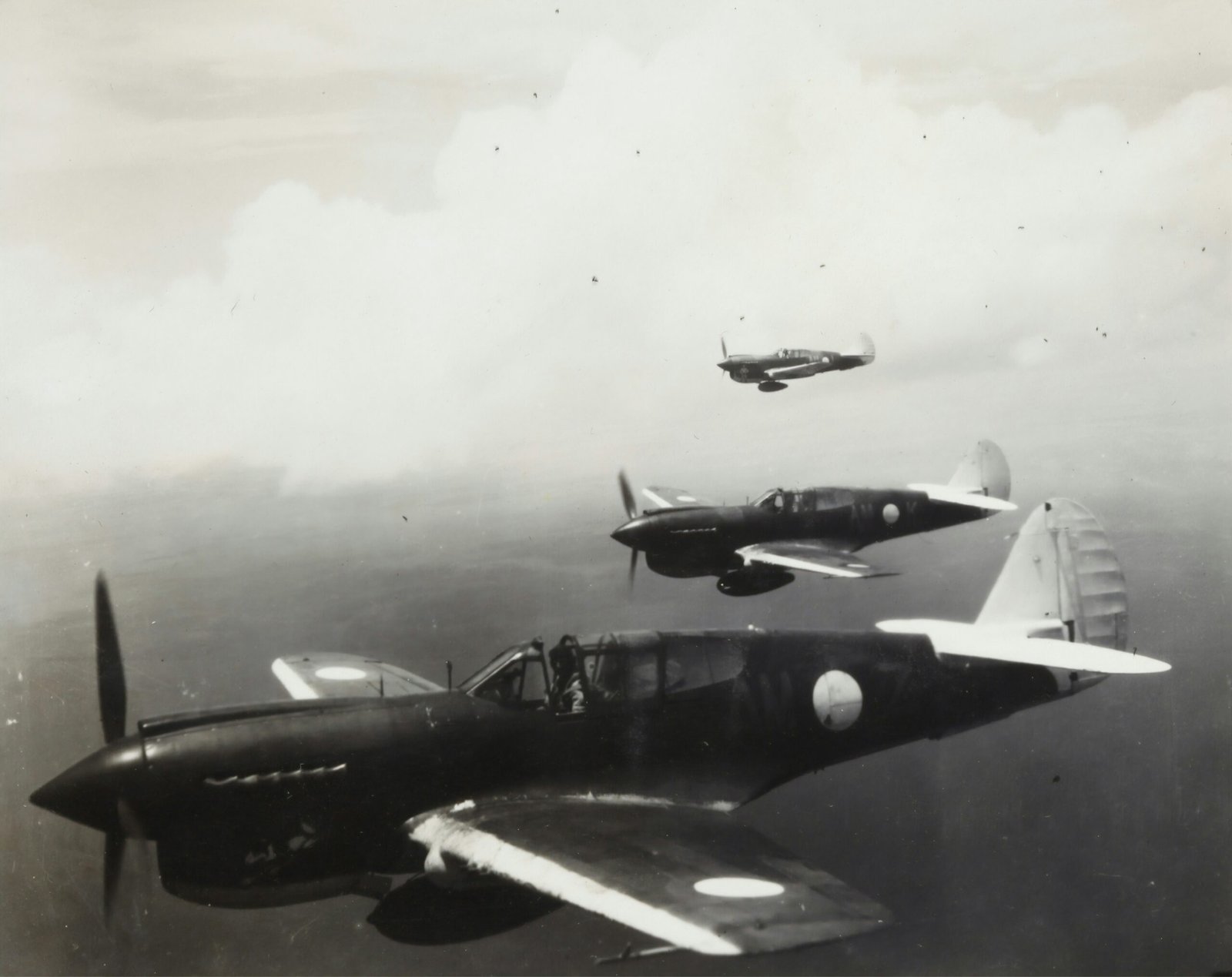
The Definition of a Major War
When we refer to a “big war,” we often think of conflicts that have a significant impact on several nations, both politically and socially. These wars typically involve large-scale mobilization of resources, extensive troop deployments, and have widespread consequences for the countries involved. Historical examples include World War I and World War II, both of which reshaped global alliances and societal structures.
Consequences of Major Conflicts
A major conflict can lead to devastating loss of life, displacement of people, and shifts in power dynamics. The consequences extend beyond the battlefield, influencing economic systems, cultural interactions, and diplomatic relations. For instance, the big wars of the 20th century resulted in significant changes to borders, the emergence of new nations, and the establishment of international organizations aimed at preventing future conflicts.
Lessons Learned from History
Studying big wars in the world teaches us valuable lessons about the importance of diplomacy and conflict resolution. The devastation experienced during these hostilities highlights the need for proactive measures and international cooperation to maintain peace. Societies that learn from the past can better navigate present challenges and work towards a more stable world. Overall, understanding the ramifications of monumental conflicts is crucial for fostering a global environment that prioritizes dialogue and understanding over warfare.
